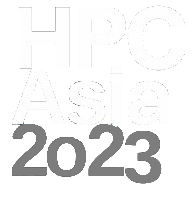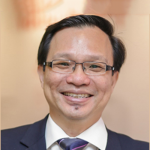STEERING COMMITTEE
Committee Members

Dr Su Yi
(Co-chair)
Executive Director, Institute of High Performance Computing, A*STAR, Singapore

Prof Sean Smith
(Co-chair)
Director, National Computational Infrastructure (NCI), The Australian National University (ANU), Australia
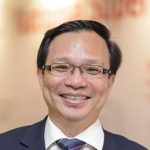
A/Prof Tan Tin Wee
(Immediate Past Co-Chair)
Chief Executive, National Supercomputing Centre (NSCC) Singapore

Prof Satoshi Matsuoka
Director, RIKEN Center for Computational Science (R-CCS), Japan

Prof Satoshi Sekiguchi
Vice-President, National Institute of Advanced Industrial Science and Technology (AIST), Japan
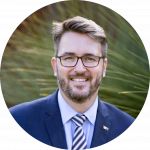
Mr Mark Stickells
Executive Director, Pawsey
Supercomputing Centre, Australia

Dr Terence Hung
Chief of Future Intelligence Technologies, Rolls Royce, Singapore
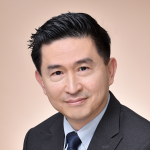
Dr Goh Eng Lim
Senior Vice President, Chief Technology Officer, Artificial Intelligence Hewlett Packard Enterprise, Singapore

Dr Yoshinori Kusama
General Manager, Department of HPC Support, Kobe Center, RIST, Japan

Prof William Gropp
Director and Chief Scientist, National Center for Supercomputing Applications, University of Illinois in Urbana-Champaign, US

Prof Simon See
Senior Director, and Chief Solution Architect, Nvidia AI Technology Center, Singapore

Dr Jysoo Lee
Facilities Director, Research Computing Core Labs, King Abdullah University of Science and Technology, Saudi Arabia
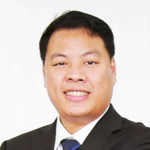
Dr Manaschai Kunaseth
Team Leader, NSTDA Supercomputer Center (ThaiSC), National Science and Technology Development Agency, Thailand
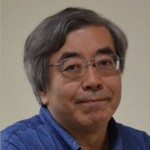
Prof. Taisuke Boku
Director & Professor, Center for Computational Sciences, University of Tsukuba, Japan

